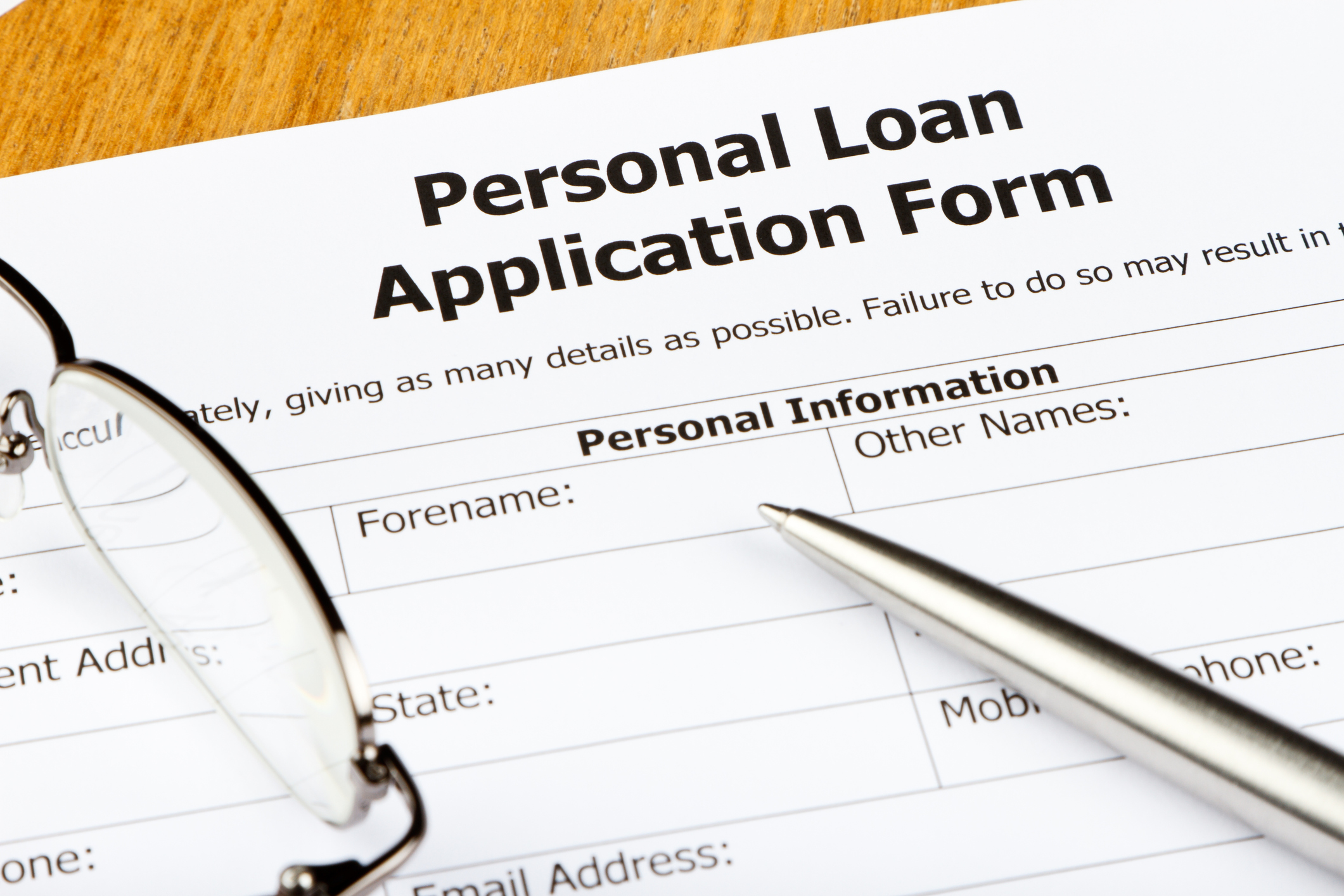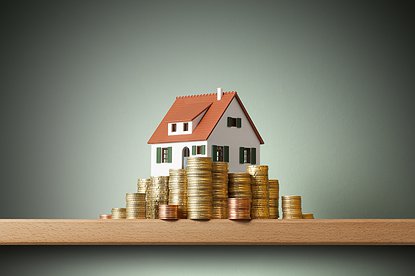Get Pre-Approved Now
Should You Take a Personal Loan to Secure a Mortgage If You Have Bad Credit?
Past financial issues can affect your credit for a long time. The impact on your ability to borrow money for purchases like automobiles and homes will be impacted during those years. That’s not to say it’s impossible to arrange financing for a home. In fact, you may be able to use a personal loan to borrow the money needed for a down payment and still meet the criteria for a bad credit mortgage. Before you make any assumptions, it pays to work with a financial professional and determine if this strategy makes sense in your case.

What is a Personal Loan?
Personal loans are generally unsecured loans. That means the lender does not require any type of asset to use as security or collateral. In most cases, the lender does not place any restrictions on how the money can be used. The key point is that you repay the debt according to the loan terms and conditions.
Your first consideration is whether or not your current credit rating allows you to successfully be approved for this type of loan. Remember that different lenders set the qualifications for the personal loans they extend. While one lender may consider you to be a poor risk, another may be more concerned with your present financial situation and not events that happened a few years ago to lower your credit score.
Using a Personal Loan for a Down Payment
The purpose of using a personal loan as a deposit or down payment for a home purchase has to do with making the mortgage easier to manage. Simply put, a larger deposit on the front end means less of the purchase price to finance. Depending on the terms required by the mortgage company, covering a higher amount of the total will make it possible to avoid some of the fees that would apply if you attempted to finance the entire amount.
Your goal is to determine if your current situation allows you to take on the additional expense associated with the mortgage payment and the personal loan payment. What you may find is that the cumulative total may be less than what you would pay if you attempted to obtain a mortgage without any sort of down payment. When that’s the case, it certainly makes sense to seek a personal loan.
Lenders and Your Current Debt to Income Ratio
You are not the only one who is interested in your ability to pay your debts on time. The lender who offers the personal loan will take a close look at your current debt load and compare it to the amount of money you earn each month. Those earnings may be in the form of money you receive from a job, spousal support, and any disbursements you receive from a trust fund or an investment account.
While there are exceptions, many lenders require that the total debt you carry must be less than half of the income you generate. This type of requirement reduces the risk that the lender takes on by choosing to do business with you. The expectation is that by having a relatively positive debt to income ratio, you will be able to afford the loan payment while also continuing to cover all those other obligations in a timely manner.
Using a Personal Loan for a Down Payment
The purpose of using a personal loan as a deposit or down payment for a home purchase has to do with making the mortgage easier to manage. Simply put, a larger deposit on the front end means less of the purchase price to finance. Depending on the terms required by the mortgage company, covering a higher amount of the total will make it possible to avoid some of the fees that would apply if you attempted to finance the entire amount.
Your goal is to determine if your current situation allows you to take on the additional expense associated with the mortgage payment and the personal loan payment. What you may find is that the cumulative total may be less than what you would pay if you attempted to obtain a mortgage without any sort of down payment. When that’s the case, it certainly makes sense to seek a personal loan.
The Personal Loan is Not Forever
Assuming that you and the lenders agree that it’s possible for you to manage the debts and make the payments on time, it will be necessary to be more careful with your money for awhile. The thing to remember is that personal loans are paid in full well before the settlement dates on home loans in Toronto. At some point, your discipline will pay off when the personal loan is settled and that income is freed for other purposes.
Consider what happens if you secure a personal loan with repayment terms of 18 months. During that period, you will have both a mortgage payment and the personal loan payment to cover every month. Once the latter is settled in full, more of your monthly income can be devoted to other things. You may choose to place the money in an interest-bearing account, make an occasional extra payment on the mortgage, or make a home improvement or two. When managed wisely, that seemingly extra money will go a long way toward improving your financial position and resulting in the accumulation of more wealth even as you continue to make payments on the mortgage.
Personal Loans and Reports to the Credit Bureaus
If this arrangement will work in your case, there’s one more point to think ab out before you take out a personal loan. Always confirm that the lender reports to at least one of the three major credit bureaus. It wouldn’t hurt to verify which ones the lender reports to regularly. That’s because every positive report the lender submits on your behalf will aid in improving your credit score.
Couple the positive comments from the lender with the feedback the mortgage company makes every time you tender those payments on time, and it’s easy to see how your score could increase significantly over the next few years. In fact, the increased score could allow you to refinance your mortgage and lock in more competitive terms and conditions.
The fact that your credit is not the best right now does not mean financing the purchase of a home is out of the question. It just means you will need to look beyond more traditional lenders and think about doing business with the ones who specialize in the type of help you need. Take a close look at your credit reports and make an note of how old the negative comments happen to be. There are lenders who will pay less attention to those comments and focus on the more recent positive ones. Contact with a financial professional who can connect you with lenders who want your business. This time next month, you could be moving into your home and be on the way to regaining your excellent credit score.



